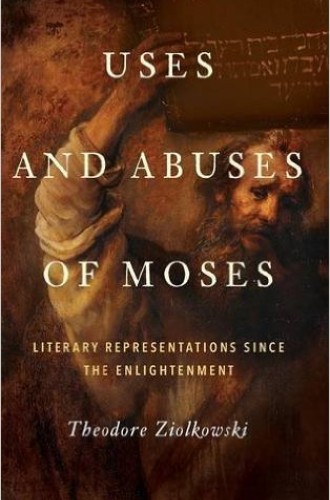Multitudes of Moseses
From baby in a basket to liberating lawgiver, Moses has been all things to all people.
A great deal has changed in scripture interpretation since the high days of modernism. Interpreters no longer seek original intent of the text in the fashion of the late Supreme Court justice Antonin Scalia and as was demanded by historical criticism. Readers of scripture are no longer preoccupied with the author or the original context. Moreover, readers are aware that the biblical text cannot be corralled to serve any particular orthodoxy, which always required a somewhat skewed reading. Now scripture reading thrives on the generative force of imaginative interpretation. The outcome of such work is the recognition that interpretation (and the meaning and work) of the text is pluralistic, complex, and most likely not disinterested.
Theodore Ziolkowski, who taught German and literature at Princeton University, has written a history of interpretation of the Moses tradition. His subtitle indicates two ways in which he has limited his scope: he is concerned with interpretation in the modern period, and his focus is on “literary representations.” The latter means that his interest is in renderings of the text in novels, drama, music, and visual arts. While there are implicit political dimensions to this book, it would be well read alongside Bruce Feiler’s America’s Prophet: How the Story of Moses Shaped America, which focuses on political discourse.
Ziolkowski explores the immense latitude that interpreters of the Moses tradition have taken in rendering the material useful for them. He find there are “three pronouncedly ideological uses of Moses”:





